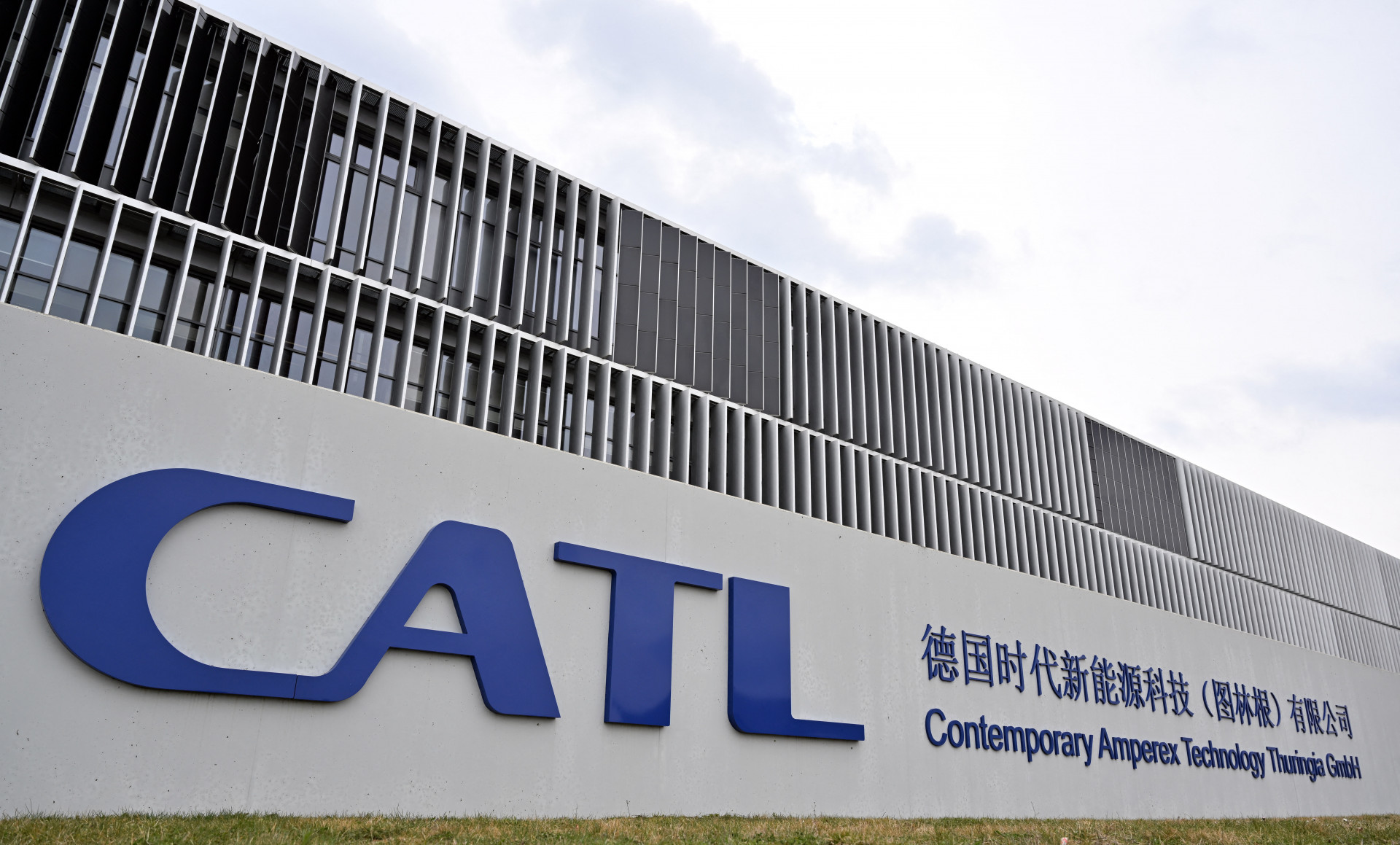The situation in the European car market is becoming more and more worrying, with August data from the European Automobile Manufacturers Association (ACEA) showing a sharp drop in new EU registrations (-18.3 percent) compared to a year earlier, even in larger markets: Germany (-27.8 percent), France (-24.3 percent) and Italy (-13.4 percent).
Hungary meanwhile saw 8,111 new car registrations in August, 9.4 percent less than a year earlier and 18.8 percent less than 2022, reports PenzCentrum.hu.
For battery electric cars (BEVs), which make up close to 13 percent of the total market, new registrations in August decreased by 43.9 percent to 92,627 units compared to 165,204 units registered in the same period last year. This drop was caused by the dramatic decline in the two largest e-car markets, Germany (-68.8 percent) and France (-33.1 percent).
Registrations for plug-in hybrid cars ( 7.1 percent of the total car market) fell 22.3 percent last month, with all major markets showing declines.
Hybrid-electric vehicles (HEVs) were the only vehicle type to show growth in August, with registrations up 6.6 percent to 201,552. The market share of hybrid-electric vehicles increased to 31.3 percent from 24 percent in August 2023.
Meanwhile, gasoline car sales fell by 17.1 percent in August, with all four key markets registering significant declines: France (-36.6 percent), Italy (-18.8 percent), Spain (-17.4 percent) and Germany (-7.4 percent). Gasoline cars currently account for 33.1 percent of the market, up from 32.6 percent last year. Almost all European markets experienced double-digit declines for diesel cars, which now make up 11.2 percent of the market, a decline of 26.4 percent.
Portfolio notes that August data for Hungary shows that hybrids dominated, accounting for 47.1 percent of all cars put into circulation. Gasoline vehicles made up 25 percent, followed by diesel with 11.8 percent, EVs at 6.4 percent, and plug-in hybrids at 9.1 percent.
The abysmal figures for battery electric cars have alarm bells going off at the ACEA, which states that critical conditions are missing to achieve the necessary boom in the production and deployment of zero-emission vehicles, including charging and hydrogen refilling infrastructure; a competitive manufacturing environment; affordable green energy; purchase and tax incentives, and a secure supply of raw materials, hydrogen, and batteries.
The association stated that “the zero-emission transition is highly challenging, with concerns about meeting the 2025 CO2 emission reduction targets for cars and vans on the rise.”
ACEA is particularly concerned about “multi-billion-euro fines, which could otherwise be invested in the zero-emission transition, or unnecessary production cuts, job losses, and a weakened European supply and value chain at a time when we face fierce competition from other automaking regions.”
The group calls for action now “to reverse the downward trend, restore the competitiveness of EU industry and reduce strategic vulnerabilities.”
In Germany, Volkswagen has just announced a massive restructuring and layoffs due to a weak market and struggles in transitioning to electric vehicles, while BMW and Mercedes-Benz have both cut their forecasts as well.






